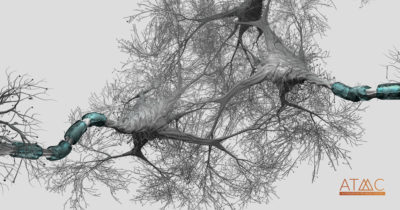Opioids are psychoactive drugs — meaning they change the way the brain functions. Because these drugs have the ability to alter perception, mood, consciousness, cognition, and behavior, the drugs are often used for both medical and recreational uses. In both cases, it is the chronic and long term use of the drugs that causes a chemical dependence on the drug.
Once a person is physically/chemically dependent on opioids, quitting becomes more difficult — as the body and brain functions have already adjusted to the presence of opioids. At this point, abruptly quitting opioids or trying to “quit opioids cold turkey” can cause acute and severe opioid withdrawal symptoms.
The severity of acute withdrawal symptoms associated with opioids – coupled with how quickly the brain can become dependent on the drug — explains why opioids are considered one of the most highly addictive classes of drugs that are regularly prescribed to patients in the United States.









